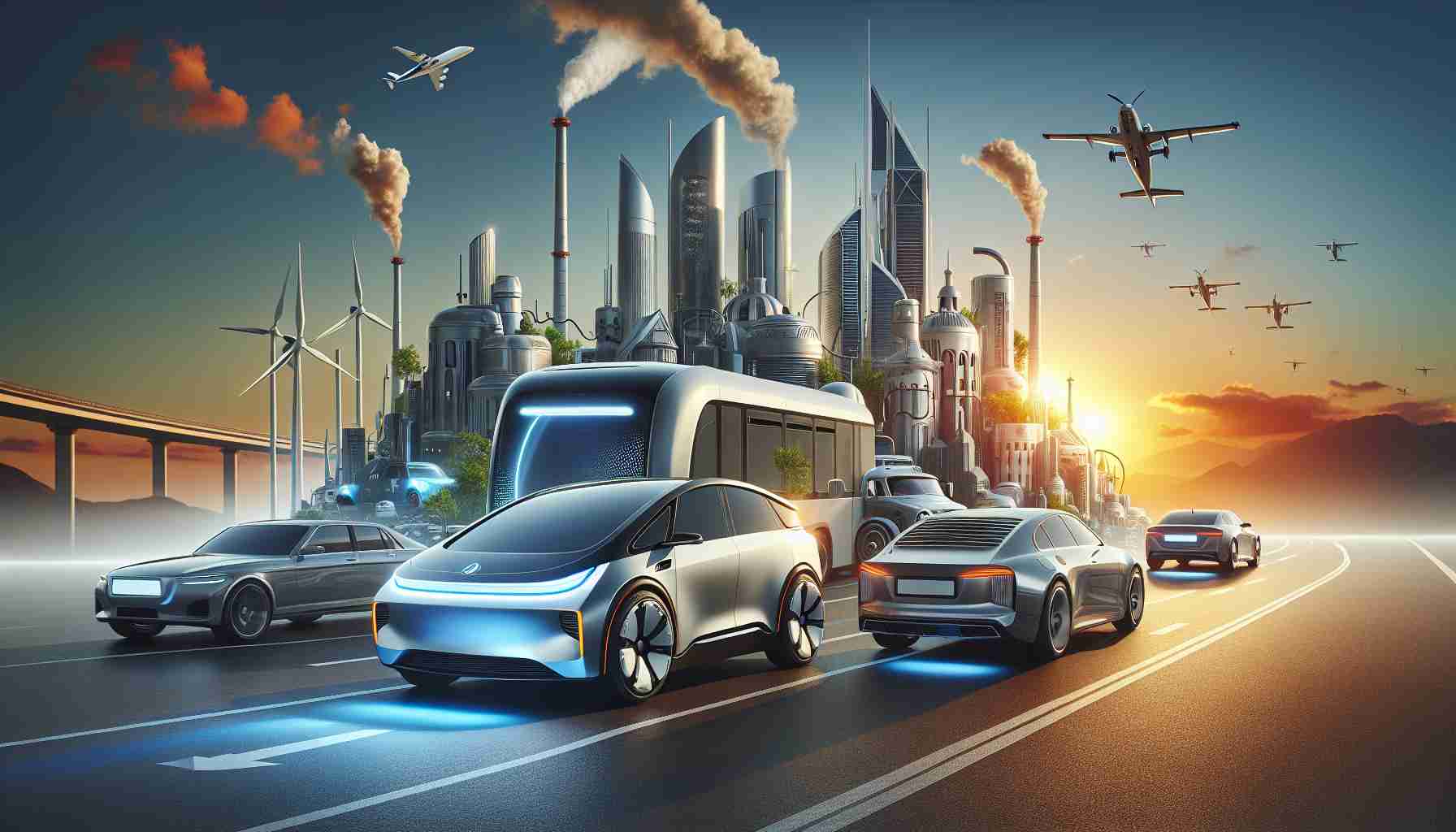The Shift in Automotive Powertrains
In the ongoing debate over electric versus hybrid vehicles, the automotive landscape is rapidly evolving. Once, manufacturers were optimistic about a swift transition to battery-electric vehicles (BEVs), but many are now opting for a hybrid-focused strategy as market growth has been slower than anticipated.
Prominent industry figure Andy Palmer, often referred to as the “godfather of EVs,” has voiced his concerns regarding the hybrid approach. Having played a crucial role in the Nissan Leaf’s development, Palmer believes that lingering too long on hybrids will hinder progress toward full electrification. He argues that these vehicles merely delay a necessary transition and maintain the competitiveness of electric vehicles in a market dominated by China.
China has embraced electrification with vigor, thanks in large part to substantial government support. Since 2009, nearly $320 billion has been allocated to boost EV technology and affordability. This financial backing has allowed companies like BYD to produce highly competitive vehicles, such as their budget-friendly model priced around $10,000.
In stark contrast, Palmer warns that reliance on hybrid models could weaken global automakers by stifling innovation and allowing China to further solidify its lead. While some in the industry, including Toyota, advocate for a blend of hybrids and electric vehicles, there’s a pressing need for a clear commitment to fully electric solutions to keep pace in this competitive market.
The Race Towards Full Electrification: Are Hybrids Holding Us Back?
The Shift in Automotive Powertrains
The automotive industry is in the midst of a significant transition, with deepening discussions surrounding the efficacy of electric vehicles (EVs) versus hybrid models. As manufacturers reevaluate their strategies, it is critical to assess the implications of this shift and the ongoing innovations in electric vehicle technology.
# Pros and Cons of Hybrid Vehicles
Pros:
– Extended Range: Hybrids offer a practical transition for consumers hesitant about completely switching to electric, providing the convenience of gasoline backup.
– Fuel Efficiency: Many hybrid models significantly improve fuel economy, contributing to lower greenhouse gas emissions compared to traditional combustion engines.
– Wider Availability: They currently have a broader market reach, as the infrastructure for charging EVs is still developing.
Cons:
– Complexity: Hybrids have more complex powertrains due to dual systems (electric and gasoline), potentially leading to higher maintenance costs.
– Limited Electrification: Critics argue hybrids are just a stepping stone that delays full adoption of electric vehicles.
– Decreased Incentives: In regions where EV incentives are prevalent, such as tax credits and rebates, hybrids might not qualify for the same benefits.
# Insights on Market Trends
– Government Policies: Countries are increasingly implementing stringent regulations to phase out internal combustion engines, pushing consumers toward EV adoption. For instance, the European Union has set a target for all new vehicles to be zero-emission by 2035, captivating manufacturers’ attention.
– Consumer Preferences: Recent surveys indicate a growing preference for fully electric vehicles among consumers, driven by environmental concerns and the decreasing cost of EVs due to advancements in battery technology.
– Investment in Infrastructure: As the demand for electric vehicles rises, investments in charging infrastructure are escalating, making EVs a more feasible option for the everyday consumer.
# Innovations in Electric Vehicle Technology
– Solid-State Batteries: Research is advancing towards solid-state batteries, which promise higher energy density and faster charging times, potentially disrupting the current lithium-ion battery market.
– Vehicle-to-Grid Technology: This innovative approach allows electric vehicles to feed energy back into the grid, enhancing energy efficiency and providing owners with additional revenue streams.
# Limitations and Challenges
Despite progress, there are significant challenges in the path to full electrification:
– Charging Infrastructure: While improvements are being made, the charging network still lags in many regions, creating range anxiety for potential EV buyers.
– Battery Supply Chain Issues: The reliance on specific raw materials for batteries poses sustainability and geopolitical risks.
– Consumer Education: Many consumers remain uninformed about the long-term cost savings and environmental benefits of switching to electric, necessitating enhanced education efforts.
# Pricing Trends
The pricing landscape for electric vehicles is shifting. With mass production and advancements in technology, some entry-level EVs are approaching prices comparable to hybrid and gasoline counterparts. For example, brands like Tesla are introducing lower-cost models, making electric vehicles increasingly accessible.
# Predictions for the Future
Experts predict that by 2030, electric vehicle sales will outpace hybrids and conventional cars as battery technology improves and charging infrastructure becomes more robust. This shift will propel manufacturers to innovate further, prioritizing electrification over hybrid technologies.
# Conclusion
The automotive industry stands at a crossroads between hybrids and full electrification. As the market progresses, the imperative for manufacturers is clear: embrace innovation and commit to electric vehicles to remain competitive in a landscape increasingly influenced by global players like China.
For more insights on the future of electric vehicles, visit Auto Industry Insights.













